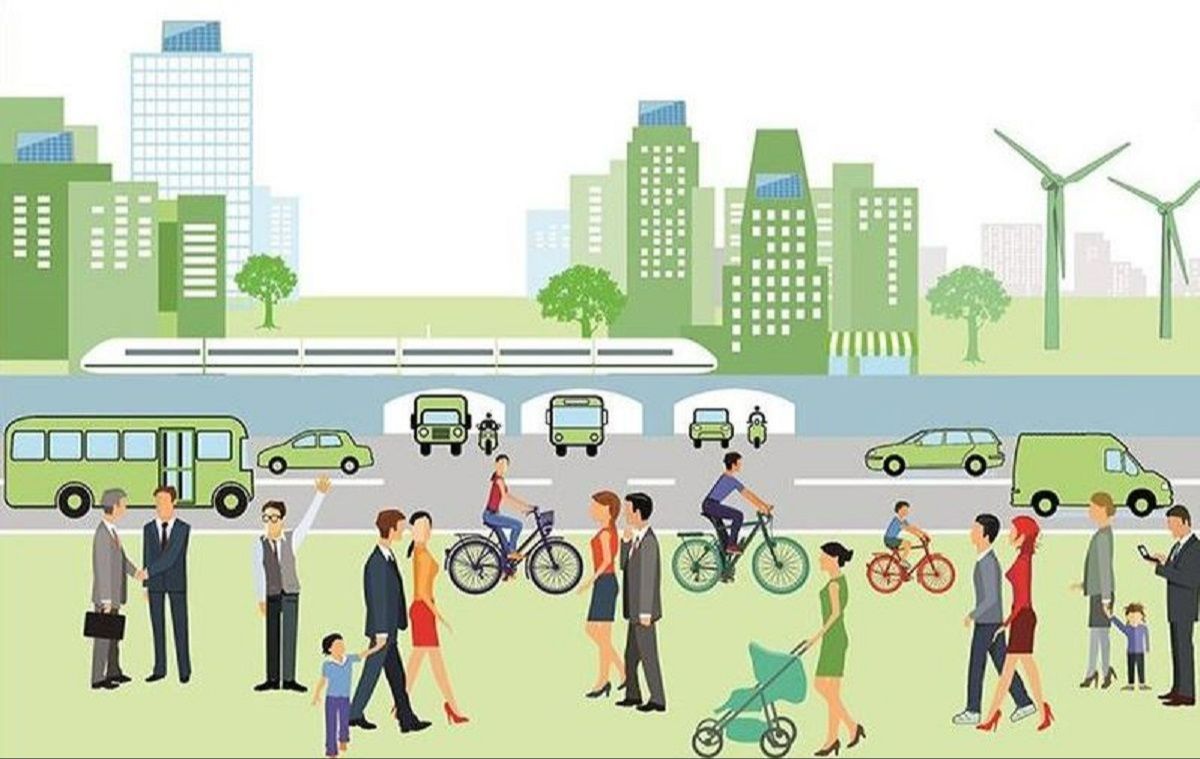Energy transition and society
For the energy transition to succeed, the energy system must be fundamentally reorganised. The adaptation of supply structures to more and more electricity from renewable energy plants, new energy efficiency technologies, new storage solutions and business models as well as the increasing integration of electricity, heat and transport are influencing the living environment of all citizens as well as the cooperation between players in the economy and the energy market. Innovations must therefore not only be supported by the people who use them, but also by the community as a whole.
Why is research into social aspects of the energy transition important?
For example, what must participation models look like in order to work in everyday life? How must energy efficiency technologies be designed so that the desired energy-saving effects actually materialise? Where do obstacles to the energy transition arise and how can society overcome them?
The energy transition is a mammoth task and affects many areas of public, economic and private life. Due to this multi-layered transformation process, it is not enough for researchers to only investigate technological innovations, organisational innovations and regulatory adjustments. They must also examine social issues such as socio-economic effects, innovative forms of communication and knowledge transfer, narratives for the energy transition and acceptance, conflict and alliance structures, as well as new developments on the labour markets and socially relevant digitalisation processes.
To date, there has been little research into the connection between the urgently recognised need for action on the energy transition and the question of how complex changes to the energy system affect society in concrete terms. The research should therefore help to identify socially accepted solutions for the joint implementation of the energy transition and better communicate the opportunity for participation.
What are the BMWK's funding priorities?
In the 7th Energy Research Programme, the Federal Government included the research area of energy transition and society for the first time as a cross-system and cross-technology topic. In this context, the Federal Ministry of Economics and Climate Action (BMWK) has launched several calls for funding to draw the attention of scientific teams to project funding in this area.
The first funding call in 2019 aimed, among other things, to analyse financial and participatory involvement in the energy transition as well as research into vocational training, the environmental effects of mobile working or more transparent communication and work on the effects of citizen energy companies and social justice.
In autumn 2020, the BMWK issued a second call for funding to encourage research teams to submit project ideas that examine, for example, the transformation of the labour market in the course of the energy transition and the acceptance of new digital technologies. Outlines that incorporate regional structural change processes were also in demand.
In the third call for funding in 2022, for example, open science and citizen science methods were emphasised and climate protection aspects were placed more strongly as part of the reorganisation of the department.
The research results obtained as part of the fourth funding call in 2023 are intended to contribute to transforming the heating and electricity sector, establishing a hydrogen economy, strengthening Germany's security of supply and technological sovereignty and accelerating the energy transition in general.

